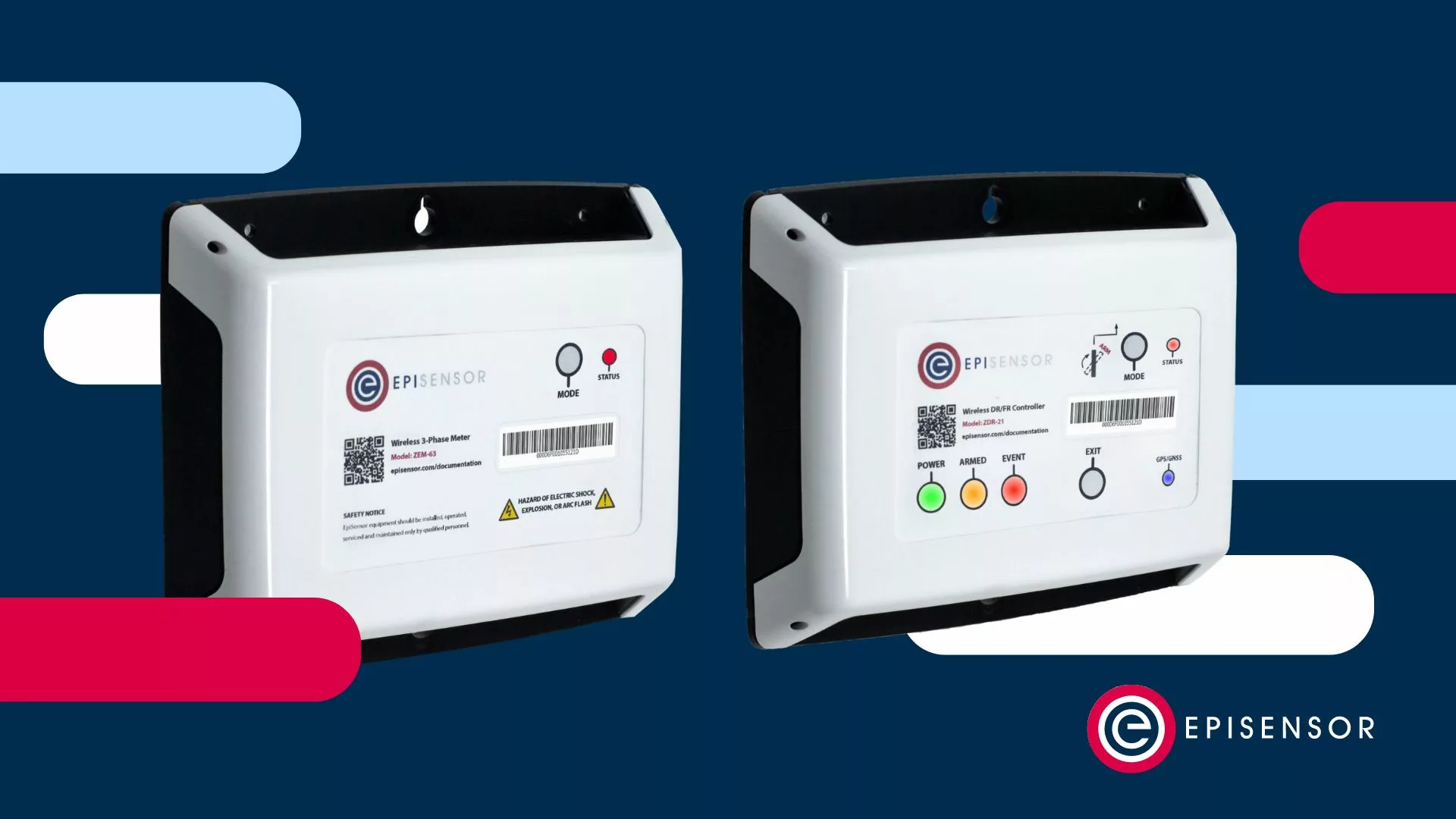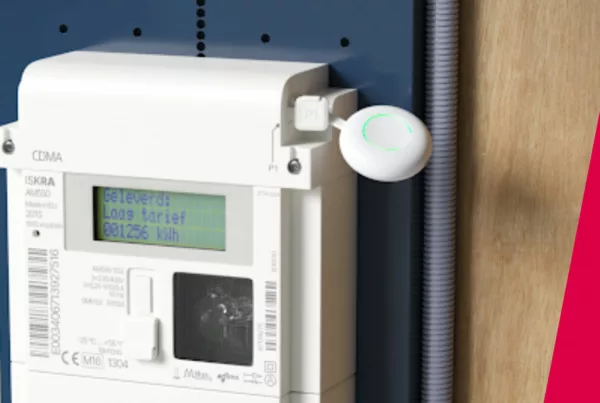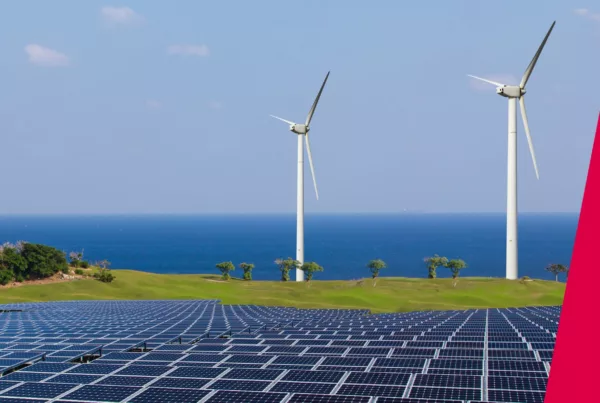Accurate electricity metering plays a fundamental role in energy management systems. For organisations aiming to improve energy efficiency and reduce cost, even a small error in metering can have financial implications, or impact the action plan needed to produce savings. In this short article, we explore the factors that influence metering accuracy, common misconceptions about industry standards, and the technical features that make EpiSensor’s high-accuracy electricity metering products a reliable choice.
What’s commonly found in the market
There are many metering systems on the market which monitor only current, and often at low sample rates. While these systems can be extremely easy to install, they at best provide a ‘ballpark’ figure of power consumption that could easily be out by 50% vs. utility meter data. Other systems monitor voltage in a single location and make approximations about the voltage and power factor in the actual locations being metered. While systems in this category may be suitable for monitoring trends in power consumption, they are not suitable for commercial energy management projects.
Importance of Metering Accuracy
For an energy management project with a target to reduce costs by (for example) 10% in the first year, a meter with a +/- 10% accuracy would clearly be insufficient. Small inaccuracies can result in considerable financial discrepancies. Various factors, such as electrical load and power factor can significantly affect meter accuracy – but also the quality of the metering equipment used. It’s also worth noting that standards intended to define accuracy can sometimes be misleading.
Factors Influencing Accuracy
- Fluctuation of Readings: Variability in the actual value can affect the overall accuracy of the reading.
- Phase Shift: The phase angle difference between current and voltage can also have an impact on accuracy.
- Signal Processing Error: This is a constant error usually expressed as a percentage of full scale (“FS”).
- Sample Rate: The rate at which the current and voltage waveforms are sampled.
- Calibration: Calibration procedures and equipment used are important variables.
- Component Quality: The quality of the components used in the meter.
- Site Conditions: Variations in frequency, voltage and ambient temperature.
Understanding Accuracy Standards
A common misunderstanding is that a meter with (for example) a Class 0.5 accuracy specification will have a maximum error of +/- 0.5% of the parameter being measured. In reality, this percentage refers to the “full scale” or “full scale deflection” value, which is the maximum power the meter can read.
Some common accuracy classes explained briefly:
Class 1: Accuracy is 1% of the reading under full load and unity power factor.
Class 0.5: Accuracy is 0.5% of the reading under full load and unity power factor. However, under certain conditions (such as less than unity power factor) the accuracy may worsen to 0.8%.
Class 0.5S: This class offers an improved accuracy of 0.6% compared to Class 0.5 under normal conditions.
System vs. Meter Accuracy
The total accuracy (or system-level accuracy) of an electricity meter is a composition of the error from its individual components, which includes the meter itself, current transformers (CTs) and in some cases Voltage Transformers. Unless the meter you’re considering is referring to a system-level accuracy class, it’s not meaningful.
EpiSensor’s Wireless Electricity Monitor (ZEM) and Demand Response Controllers (ZDR)
EpiSensor Wireless Electricity Monitors (ZEM) and Demand Response Controllers (ZDR) are manufactured with current transformers connected at the time of manufacture. This design choice not only simplifies electrical installation but also allows for calibration to a very high system-level accuracy class (a feature our partners really value). We use the highest performance signal processing chips on the market, and components that have very tight accuracy tolerances and are stable with changes in ambient temperature. We also calibrate and test every meter we manufacture using lab-grade equipment, making EpiSensor products reliable and robust.
View ZEM and ZDR features and attributes in detail.
Precise measurements deliver better outcomes
Accurate electricity metering is an essential component for effective energy management. EpiSensor’s high-accuracy metering solutions offer technical advantages that contribute to precise measurements, and thereby, deliver better energy management outcomes.
Have an energy management project you’d like to discuss? Connect with our experts and we will help you design your next programme.
For those interested in further details on accuracy standards, the IEC standard IEC 62053-11 serves as a comprehensive reference. Also refer to the classic guide from Siemens (released in 1966!) for more information: Pocket Handbook on Electrical Measurements, Siemens AG, 1966.



